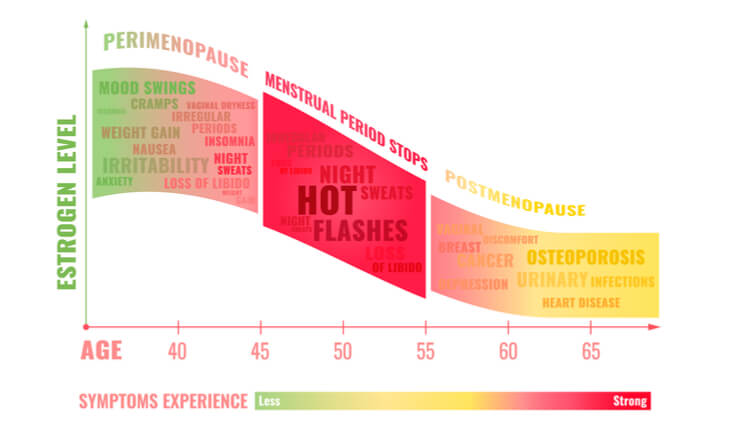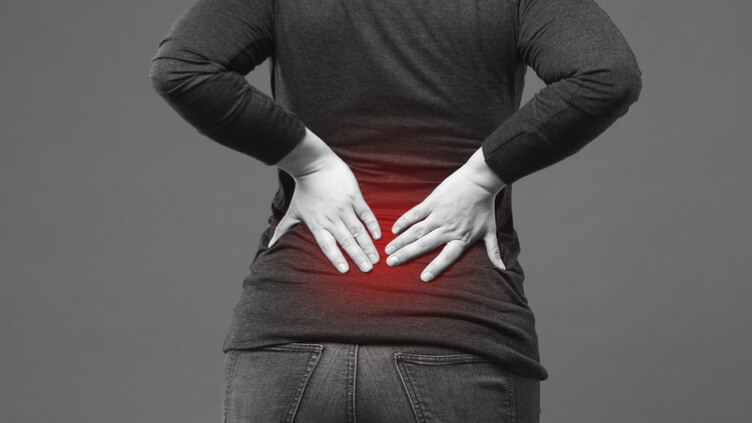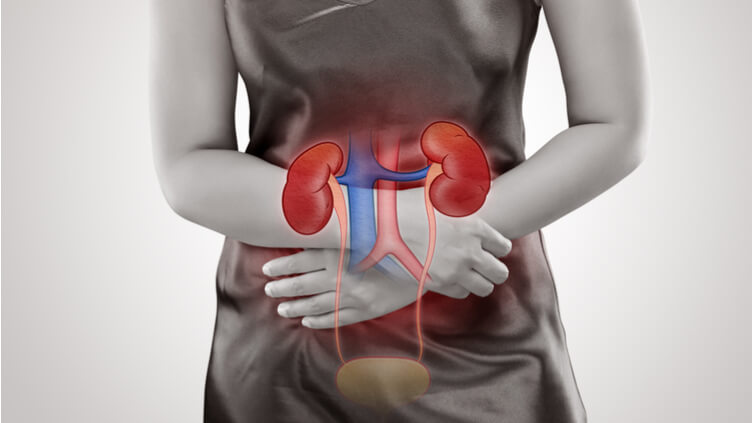
7 Health Problems That Affect Women After Menopause

Menopause is defined as the traditional end of a woman's menstrual processes. It usually occurs between the age of 45 to 55 and is signalled by a drastic drop in one's Estrogen hormone levels. Menopausal women can face a host of unique health problems at this stage. Click next to learn more.

Estrogen helps your blood vessels remain flexible and helps to stabilize your blood pressure. Sudden deficits of this hormone can put menopausal women at an elevated risk of developing serious heart diseases.

Women can experience large and rapid amounts of bone loss during and after they go through menopause. This can not only impede their mobility but also put them at high risk of developing degenerative diseases like Osteoporosis and Rheumatoid Arthritis.

Hormones like Progesterone and Estrogen help in the thickening of your bladder tissues. A drop in these hormones post menopause can lead to problems like urinary incontinence (due to weakened bladders), can cause vaginal dryness that can cause painful sex, as well as leave you susceptible to urinary tract infections.

An abrupt drop in your Estrogen levels during menopause can cause unwelcome weight gain, especially around your midsection. Menopause can also induce mood fluctuations that can leave you tired and make you indulge in unhealthy foods and put on unnecessary amounts of weight.

Sleep loss is a common but usually ignored side effect of menopause. Get tested for disorders like sleep apnea if you exhibit telltale signs like daytime fatigue, insomnia, panic attacks and depression as they could be linked to your menopause.

Women who hit menopause after turning 55 (or before they turn 46) can face heightened risks of developing Type-2 Diabetes. This is because low Estrogen can increase your body's resistance to Insulin and lay the groundwork for the onset of diseases like Type- 2 Diabetes.

Menopause can leave you vulnerable to a host of problems in addition to the ones previously mentioned. Make it a point to regularly get screened for diseases like fatty liver disease, breast cancer as well as autoimmune diseases like lupus and thyroiditis as they can be triggered by a sudden drop in your estrogen levels.

